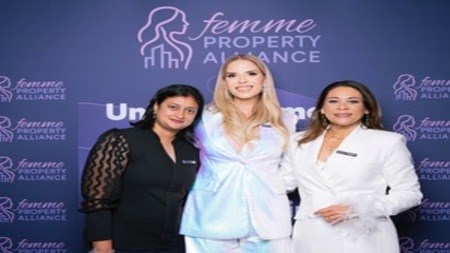What is fractional ownership?
Fractional ownership simply means the joint ownership of any asset by more than one individual or legal entity. It can be seen as a structured syndication method whereby a number of shareholders own shares in a particular company which in turn owns an asset.
The most commonly used form of fractional ownership on a global scale is when a luxurious leisure property is purchased by a group of shareholders. The ownership is usually structured in a company whereby the property is the only asset. Shareholders thus own the property together and usage and all costs are shares in relation to percentage shareholding. Usage of the property is usually allocated to the shareholders (owners) by means of an ownership usage roster and running costs are divided amongst the shareholders. The management and maintenance are usually taken care of by one party, the fractional ownership company/provider.
What do you buy?
A purchaser physically acquires a percentage shareholding in a company, usually a private company that owns the property. You receive a share certificate and the ownership form allows you the use of the property on a certain number of allocated weeks depending on your shareholding. In most cases fractional ownership opportunities provide for a 13th shareholding in the relevant property, thus allowing 4 weeks usage per annum, on a rotational basis.
How many shares or shareholders are there?
Conventionally there are 13 shares and thus a maximum of 13 shareholders. Shareholders may purchase more than one share but in certain cases, no one shareholder may own more than 25% of the shares. Sometimes a fractional ownership provider/company may retain a share in the property to show their commitment to the management and growth of the property. Maintenance issues are then dealt with during the 4 weeks allocated to the provider/company.
How are weeks allocated?
A usage roster is designed for each property before the effective date of the syndication. In most roster systems the usage weeks are rotated on an annual basis, advancing with one or two weeks per annum, meaning that you have a different time allocation every year. Therefore all the shares have the same value and all shareholders will have equal opportunity to use the property in peak periods.
Typically weeks are not continuous so as to ensure maximum usage and to avoid the high season/low season scenario. Rosters usually work in one of two ways:
(1) The 4 weeks are divided into 4, therefore one week every quarter (advancing one week per year) or (2) The 4 weeks are divided into 2, therefore 2 weeks in the 1st six months of the year and 2 weeks in the last six months of the year (advancing two weeks per year). Allocated weeks may be swapped between users and weeks combined at the discretion of the owners. Roster calendars show dates for use for years in advance allowing sufficient time to make changes with other owners.
What about the maintenance costs?
A budget is drawn up at the beginning of the project and the property managers will manage according to this budget. This will typically include estate levies, maintenance, cleaning, electricity, water, property taxes, insurance, bookkeeping, audits, etc. The total monthly budget is divided and shared by the number of shareholders. All the shareholders have full access to the budget and actual spending of the company.
Are transfer duties payable?
When you buy the share in your individual capacity, no transfer duty is applicable from R0-R500 000. Above R500 000 normal duties are payable according to the sliding scale. When you buy the share in a Closed Corporation, Company or Trust, an 8% transfer duty will be applicable on the value of the property. Should you at a later stage decide to sell your shares in the holding company, the new buyer will have the same responsibilities.
Benefits of owning a share in a Fractional Property
Any increase in the value of the property accrues to the shareholders. This is the major differentiating factor between fractional ownership and timeshare
Better value for money - you only pay for your utilisation and not for the remainder of the year
Affordable ownership in exclusive destinations
The most exclusive addresses in South Africa normally increase in value faster than other residential properties
Ability to rent out your un-utilised weeks
Lower maintenance costs as it is shared between all shareholders
Less security concerns because of higher occupancy and high estate security
|



